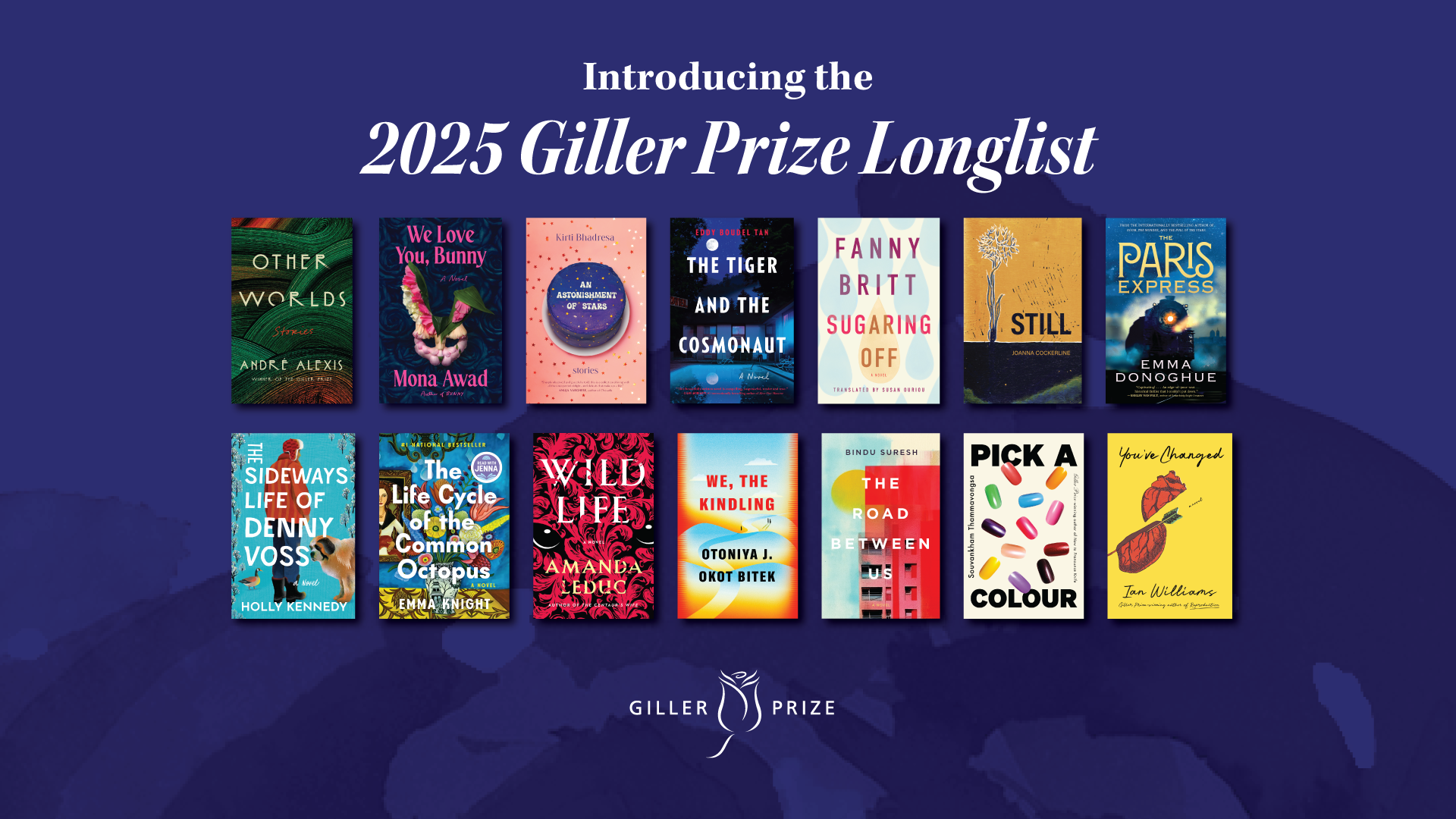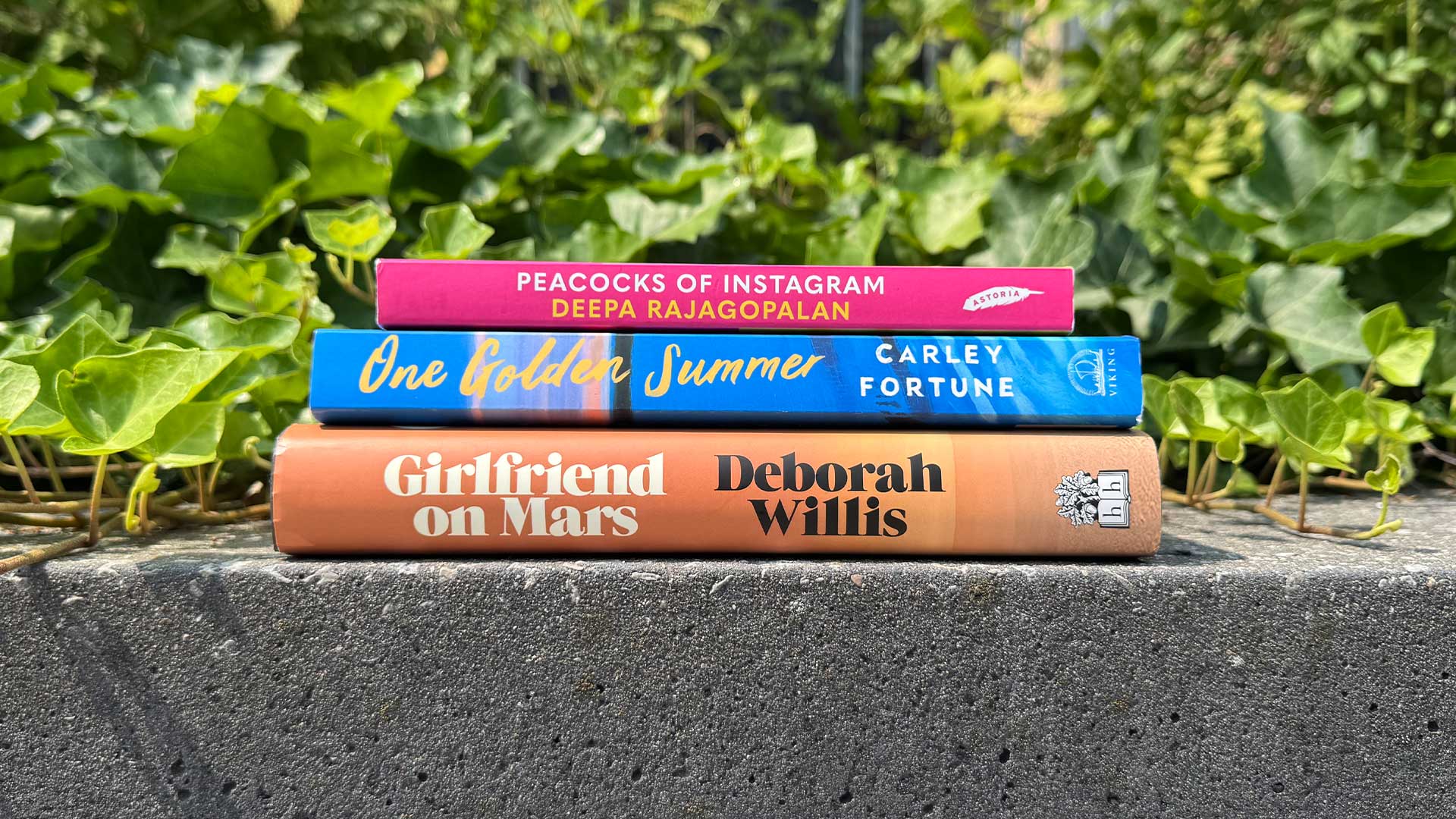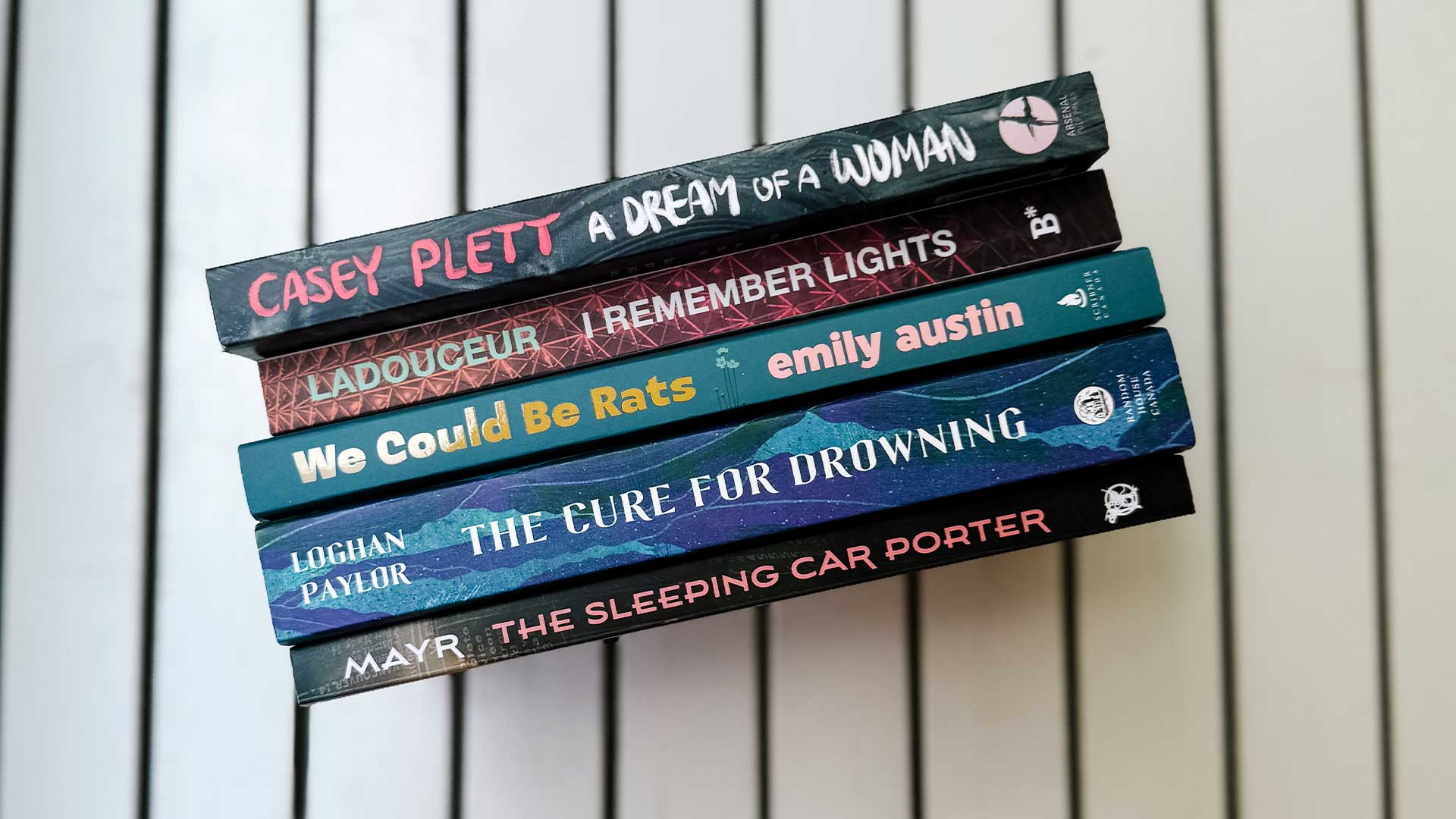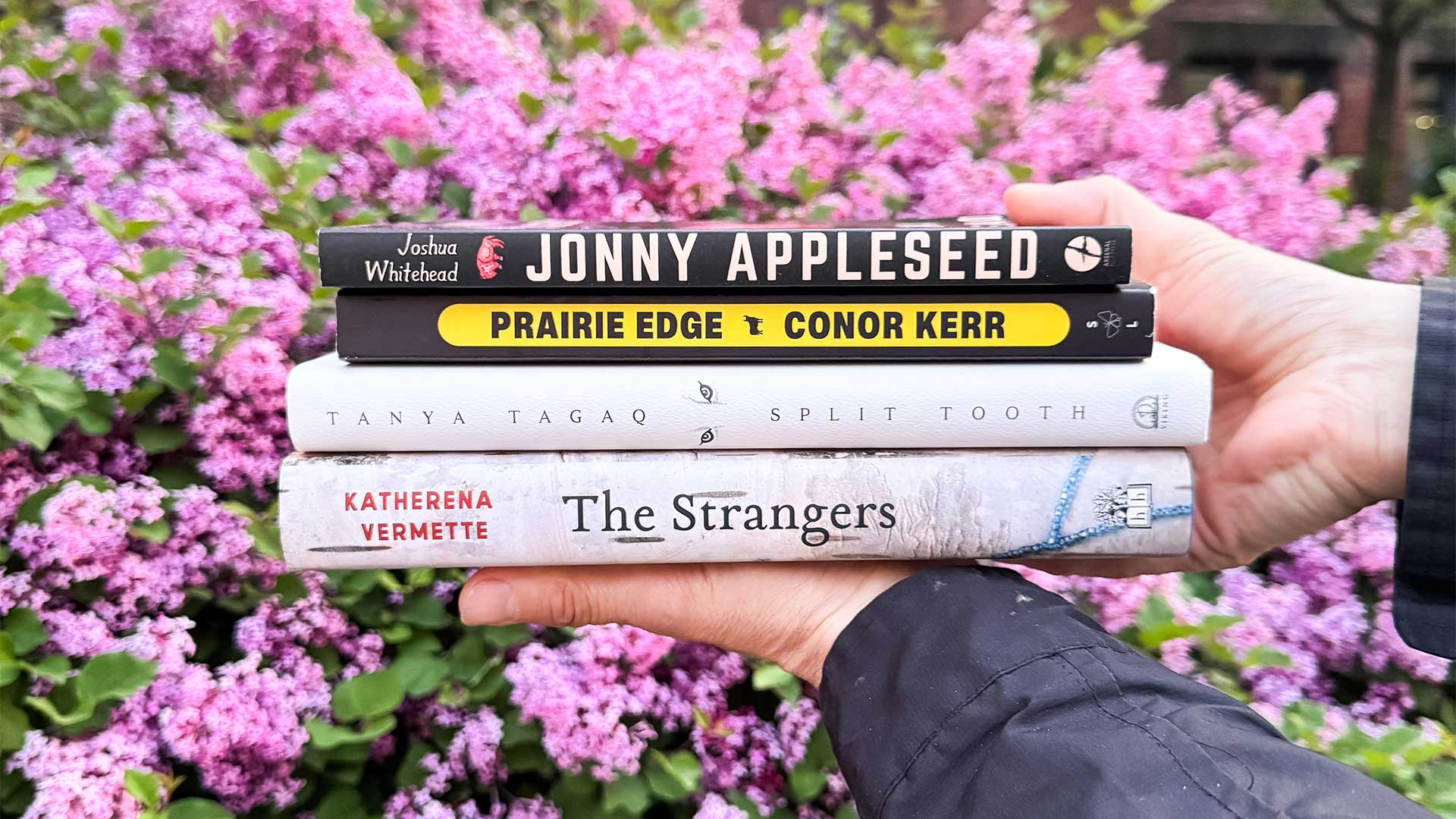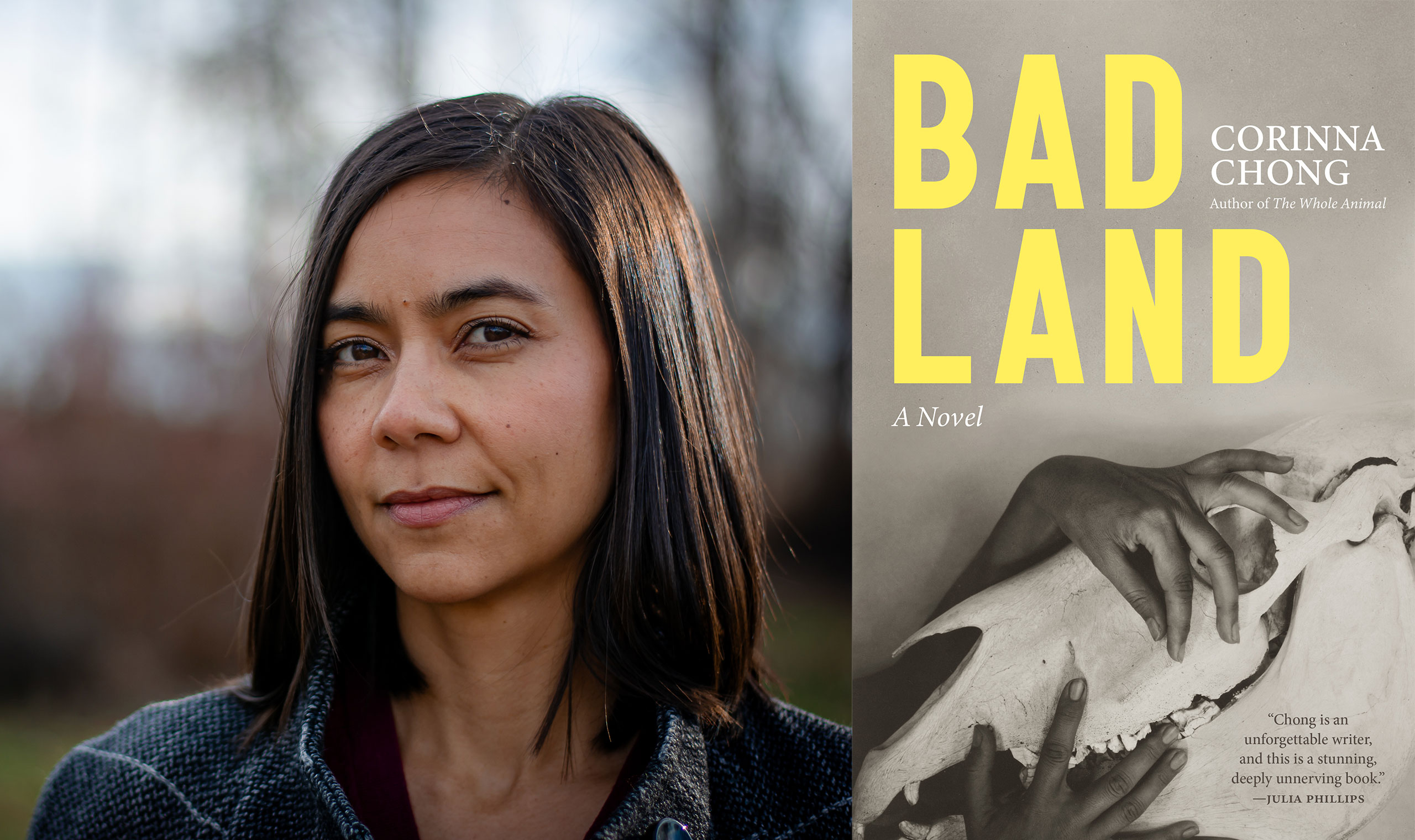
Giller Prize Spotlight: Corinna Chong
Giller Prize Spotlight: Corinna Chong
September 20, 2024
Corinna Chong’s novel, Bad Land, has been longlisted for the 2024 Giller Prize.
Corinna Chong is the author of two novels, Belinda’s Rings (NeWest Press, 2013) and Bad Land (Arsenal Pulp Press, 2024), as well as the story collection The Whole Animal (Arsenal Pulp Press, 2023). Her reviews and short fiction have appeared in magazines across Canada, including Grain, Room, PRISM international, and The Fiddlehead. Corinna lives in Kelowna, BC and teaches English, creative writing, and fine arts at Okanagan College.
What inspired you to write Bad Land?
I wanted to write a story set in the badlands of Alberta ever since I began writing almost twenty years ago. Having grown up in Calgary and taken road trips to the badlands every so often when I was a kid, I have a special relationship with the landscape. Arriving there always felt to me like stepping back in time; there’s a very distinct point at which you leave behind the flat, open-skied prairies and descend into an otherworldly valley surrounded by dry, banded hills that reveal thousands of years of geologic history. I wanted to write something that would capture that eerie feeling of being dislodged from reality, and I was also inspired by other works of literature and film in which the setting takes on a life of its own, even acting as a character in the narrative. The visible layers in the landscape of the badlands, one of its most distinguishing features, got me thinking about how the characters in my narrative might be equally “layered,” harbouring deeply buried memories and even secrets that they might be forced to unearth. In addition, the fact that the term for this kind of landscape is “badlands” made me consider the implications of the word “bad,” in the context of both the land and the society that occupies it, and the impacts of using this word to label people who transgress, perhaps through physically harmful actions or maybe even by refusing to conform to social “norms.”
What do you hope readers take away from Bad Land?
I think it’s an incredible gift to come across a piece of art that has the power to move you, whether through inspiring a deep sense of empathy for others, illuminating a new way of seeing, or capturing an essential truth that confirms our shared humanity. My gratitude for the many books that have done this for me is what ultimately drives me to write. My highest hope is to be able to pass this gift along to the readers of Bad Land, but at the very least, I hope they will find it a well told story.
Where is your favourite place to write and what is your process?
I prefer to write in a very quiet, sunny, and warm space. I’m lucky enough to have a home office that meets those criteria perfectly. I wish I could say I have a robust writing process, but finding one that consistently works for me is something I struggle with! One strategy, however, that has always been helpful is writing initial drafts by hand in a notebook. Writing by hand is inherently much slower than typing, which makes me think more carefully about what I’m writing, and resigning myself to the messiness of the page helps me to work against my debilitating perfectionism. Transcribing my scribblings into a word document and revising as I go is one of my favourite parts of the writing process. I try to follow Hemingway’s advice to “stop when you are going good and when you know what will happen next.”
Is there an activity you do to help inspire writing?
Reading. Taking inspiration from the work of others is always energizing for me, but not necessarily because I am looking to emulate them. I find that reading outside of my own style and genre, particularly in the forms of poetry and non-fiction, is most helpful because it gets my subconscious brain working, so that new ideas and images begin to emerge obliquely and organically. I feel most motivated when my writing surprises me.
When I’m stuck, I like to step away and do something mindless like take a shower or empty the dishwasher. Simply getting distance is sometimes all I need to find clarity!
What’s a book you recommend others read and why?
The Argonauts by Maggie Nelson. It’s beautifully written, radical in form, and one of the most honest reflections on love in all its complicated forms that I’ve ever read. Reading this book was not only inspiring but changed the way I look at the world. I think everyone should read it!
Share this article
Follow us
Important Dates
- Submission Deadline 1:
February 14, 2025 - Submission Deadline 2:
April 17, 2025 - Submission Deadline 3:
June 20, 2025 - Submission Deadline 4:
August 15, 2025 - Longlist Announcement:
September 15, 2025 - Shortlist Announcement:
October 6, 2025 - Winner Announcement:
November 17, 2025
